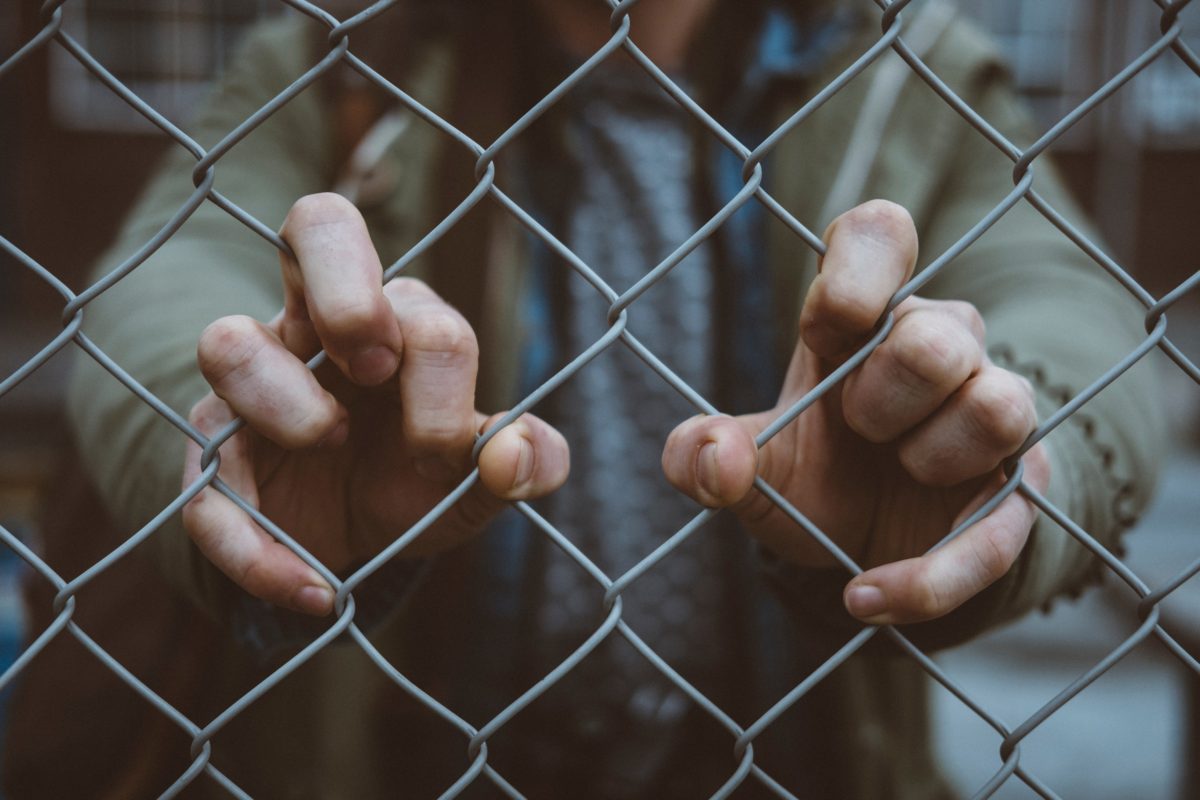What Are The Health Effects of Bullying?

Photo by Mitch Lensink on Unsplash
Bullying today is more than just name-calling on the playground. With the advancement of technology, bullying has been taken off of the playground and brought into your home. Generally, factors such as teasing, exclusion, rumors, public shaming and intimidation are all considered forms of bullying. All of these factors combine to cause serious issues when those bullied adolescents become bullied adults.
Exposure to Bullying During Childhood
Based on a study published in Psychological Science, serious illnesses, struggling to hold down regular jobs and poor social relationships are issues that many adults face when exposed to bullying in childhood. Dr. Dieter Wolke who led the study concluded that these adult “bully-victims” are over six times more likely to be diagnosed with a serious illness, smoke regularly or develop a psychiatric disorder compared to those not involved in bullying. “It is comparable to a scenario for a caged animal. The classroom is a place where you’re with people who you didn’t choose to be with, and you can’t escape them if something negative happens.” Children who are bullied in school are more likely to suffer from anxiety, depression and consider self-harm and suicide later in life, as found in the study. Interestingly, the study also revealed very few ill effects for the bully. Very prevalent among bullies are psychiatric problems and family hardships. However, these factors did not seem to have a negative impact on the bullies when they became adults.
Bullying May Start in the Home
At home, the role models are parents. If adults say or do negative things in front of their children it could cause them to repeat their behavior, and this is only setting them up for failure as there are consequences for this kind of behaviour. Things like gossiping, encouraging children to hit and aggressive behavior can all be factors in why kids bully others in schools. Dr. Tracy Vaillancourt, a University of Ottawa professor and Canada Research Chair for Children’s Mental Health and Violence Prevention explains, “We tend to admire power. But we also tend to abuse power, because we don’t talk about achieving power in an appropriate way. It is part of the human condition, but that doesn’t make it right. We should be taking care of one another.”
Suggested in the study – a call to action stating that while the government has focused on addressing abuse and problems in the home, they should also consider bullying as very serious issue in schools and life in general. “In the case of bully-victims, it shows how bullying can spread when left untreated,” Wolke added. “Some interventions are already available in schools but new tools are needed to help health professionals to identify, monitor, and deal with the ill-effects of bullying. The challenge we face now is committing the time and resources to these interventions to try and put an end to bullying.” This would require schools, health services and communities to come together to stop the abuse and pressures from bullying in their schools. Dr. Wolke states, “Physicians don’t ask about bullying. Health professionals, educators and legislation could provide parents with medical and social resources. We all need to be trained to ask about peer relationships.”
Source: http://www.cnn.com and http://www.psychologicalscience.org